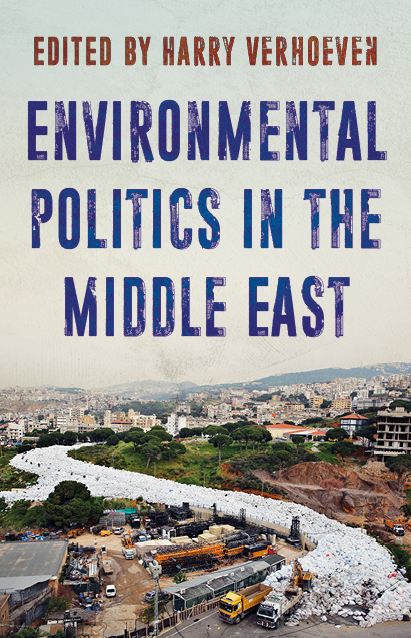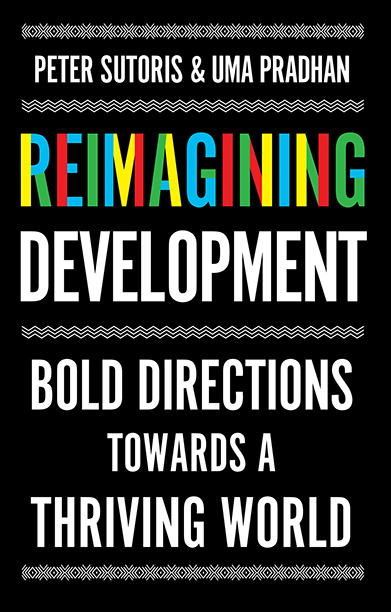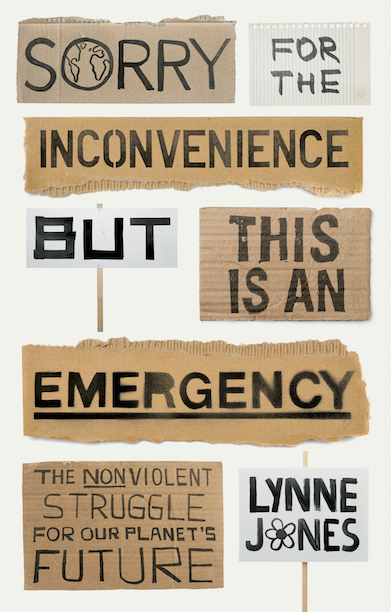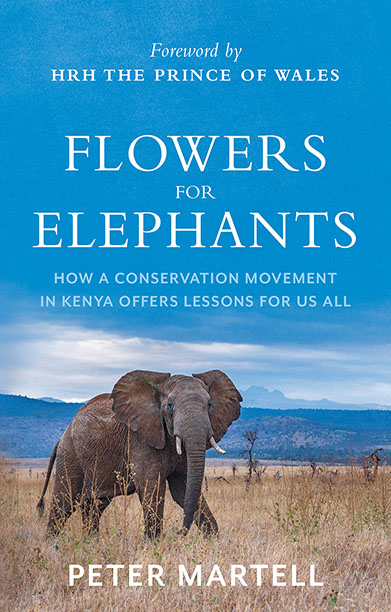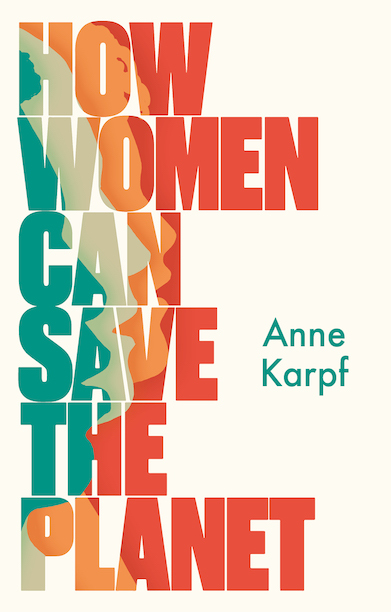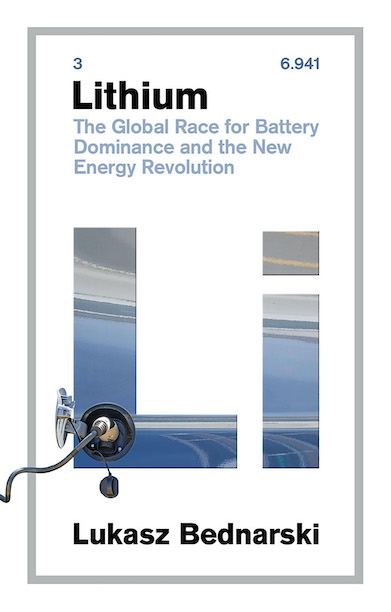Environmental Politics in the Middle East
Local Struggles, Global Connections
Part of the Georgetown University, Center for International and Regional Studies, School of Foreign Service in Qatar seriesOffers a critical and realistic reassessment of the threats posed to the environment in the Middle East, and what can be done about them
Description
This book investigates how ecology and politics meet in the Middle East and how those interactions connect to the global political economy. Through region-wide analyses and case studies from the Arabian Peninsula, the Gulf of Aden, the Levant and North Africa, the volume highlights the intimate connections of environmental activism, energy infrastructure and illicit commodity trading with the political economies of Central Asia, the Horn of Africa and the Indian subcontinent.
The book’s nine chapters analyse how the exploitation and representation of the environment have shaped the history of the region—and determined its place in global politics. It argues that how the ecological is understood, instrumentalised and intervened upon is the product of political struggle: deconstructing ideas and practices of environmental change means unravelling claims of authority and legitimacy. This is particularly important in a region frequently seen through the prism of environmental determinism, where ruling elites have imposed authoritarian control as the corollary of ‘environmental crisis’. This unique and urgent collection will question much of what we think we know about this pressing issue.
Table of contents
Introduction: The Middle East in Global Environmental Politics Harry Verhoeven
1. Environmental Activism in the Middle East and North Africa Jeannie Sowers
2. Tunisian Phosphates and the Politics of the Periphery Francis Ghilès and Eckart Woertz
3. The Securitization of Oil and Its Ramifications in the Gulf Cooperation Council States Jill Crystal
4. Greening Gulf Landscapes: Economic Opportunities, Social Tradeoffs and Sustainability Challenges Ali Al-Keblawy
5. Burning Somalia’s Future: The Illegal Charcoal Trade between the Horn of Africa and the Gulf Ilya Gridneff
6. Illegal Fishing and Piracy in the Horn of Africa: The Role of the MENA Region Afyare Elmi
7. Learning Geopolitical Pluralism: Toward a New International Oil Regime? Clement Henry
8. Scarcity Drives Economic Development: The Effect of Energy Subsidies on Export Diversification in the Middle East Wessel N. Vermuelen
9. The Politics of Natural Resources in the Caspian Sea: A New Great Game in an Ancient World Abbas Maleki
Reviews
‘A comprehensive assessment of the problems and challenges linked to the process of greening arid Gulf landscapes . . . this book is a must-read.’ — Arab News
‘An enormously valuable contribution to the increasing global concern with Middle Eastern water politics. This volume should be required reading for scholars, experts, and social activists, as well as all those who have a stake in managing the dangerous future of our over-crowded planet.’ — Roger Owen, A.J. Meyer Professor of Middle East History, Harvard University
‘To call this volume pioneering would not do it justice. Rich in historical and technical detail, it makes sense of the challenges facing a region awash with crude oil yet beleaguered by rapidly degrading environmental conditions. An urgent and pathbreaking book, it will shape debates for years to come.’ — Anoush Ehteshami, Director of the Institute for Middle Eastern and Islamic Studies and Al-Sabah Chair in the School of Government and International Affairs, Durham University
‘Drawing on novel and empirically rich case studies, this book is a necessary and powerful call to center environmental politics in discussions of authoritarianism, social mobilization, financial accumulation, and the political economies of development and infrastructural manipulation — in the Middle East, and beyond.’ — Alan Mikhail, Professor of History, Yale University
Editor(s)
Harry Verhoeven is a Senior Research Scholar at the Center on Global Energy Policy, School of International and Public Affairs at Columbia University. He is the Convenor of the Oxford University China-Africa Network and a Senior Adviser at the European Institute of Peace. He is the author of Water, Civilisation and Power in Sudan, Why Comrades Go To War and editor of Environmental Politics in the Middle East.
